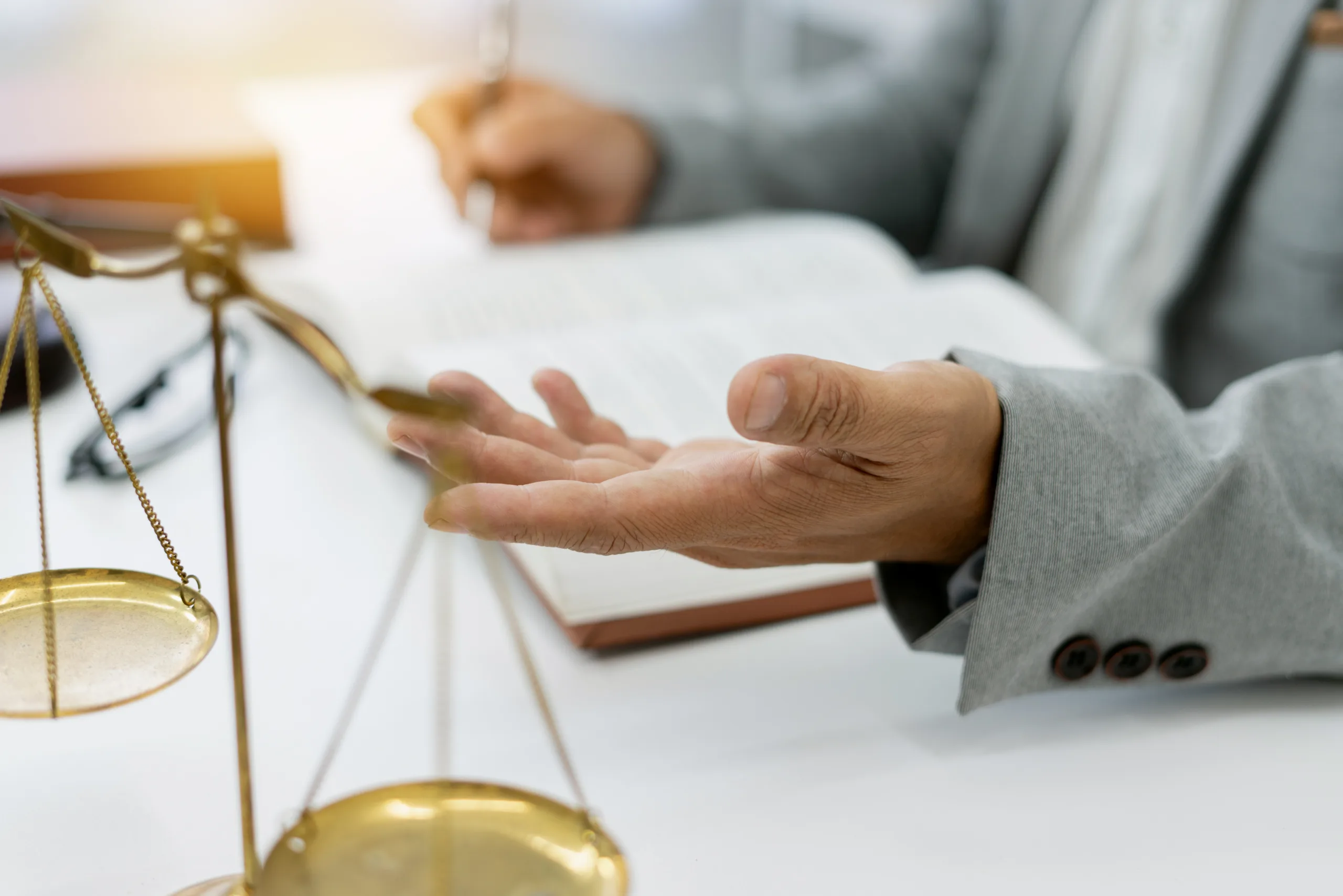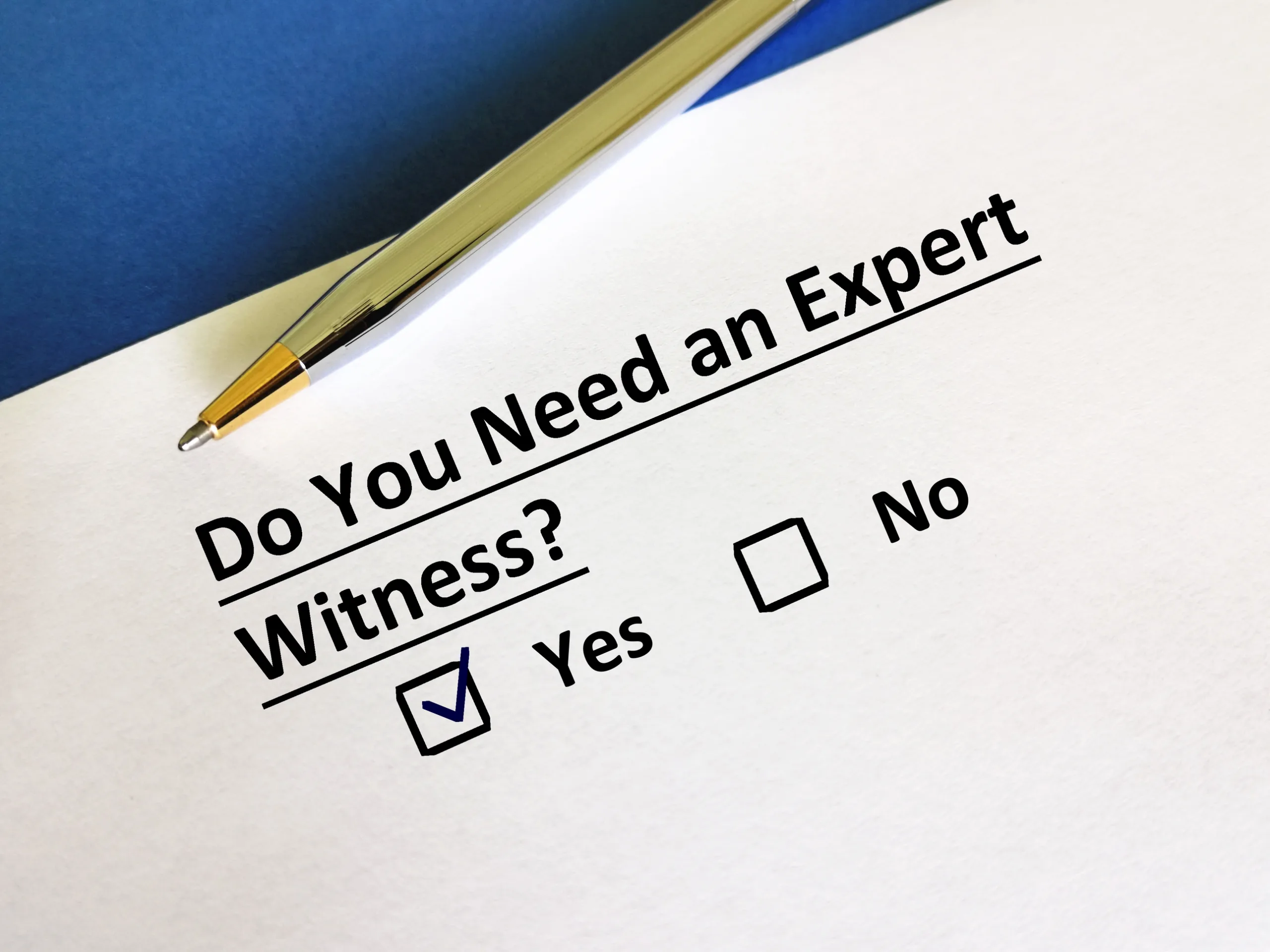In considering which expert to retain, you may want to personally know your expert or have conducted
researched on your expert’s professional background, their specific expertise in the field, and, if
possible, their prior testimonies in similar matters.
You should also evaluate or investigate your expert’s personality. You do not want an expert
who tends to lose his or her composure while being questioned by opposing counsel in deposition or
during trial. Additionally, you do not want an expert who has a tendency to “run at the mouth,” answering beyond what is necessary instead of only addressing the question being asked.
When you hire an expert, you should expect to receive their undivided attention. You are paying
them handsomely for their time and expertise. You do not want an expert who is involved with
unrelated matters, while you are meeting with them about your case, in their office.
I suggest hiring an expert witness early on in your case, if only for educational purposes. This
may not be the expert that ultimately ends up testifying in your trial, but he or she can educate
you at the inception of the case and while it is pending, particularly in assisting you to prepare
your cross-examination of the opposing expert. You can get a glimpse of how the expert will
explain the issues to the trier of fact, by the way they educate you. If they speak in a way that is
too difficult to understand, you may want to consider another expert.





